Chinese women are emerging as an increasingly powerful and independent consumer demographic, with a rising preference for emotional value, self-care and collectible trends such as Pop Mart's Labubu, according to a survey.
Among this year's most notable findings, 33.1 percent of women bought collectible dolls or figurines over the past year, including trendy items from brands like Pop Mart and Jellycat, reflecting a growing trend of "cute consumption". Some 5.8 percent of women purchased more than 10 figurines within a year.
The "618 Women's Consumption Survey", jointly published by Women of China Magazine, Huakun Women's Life Survey Center and Huakun Women's Consumption Center, offers a close-up look at women's spending habits during the 618 festival and over the past year.
Women exhibited rational spending behavior, with 60 percent comparing prices across multiple platforms before placing orders. The most popular e-commerce platform was Taobao, used by 59.5 percent of respondents, followed by JD.com (36.4 percent), Douyin (32.2 percent), Pinduoduo (21.5 percent) and Meituan (10.7 percent).
The survey underscores women's growing influence, not just as consumers, but as household financial decisionmakers. A staggering 96.7 percent of all women surveyed manage their own finances.
Among married respondents, 40.8 percent of women are in charge of overall family finances, 55.1 percent of women manage their own finances separately from their spouses, and only 4.1 percent of families have their spouse or partner taking overall responsibility for financial management.
The ratio is higher than the average global level. According to data in 2023 by Euromonitor International, women head more than 42 percent of households in developed countries. Globally, 28.5 percent of households are headed by women.
In the survey, children remain the top spending priority, with 50 percent of women citing them as the biggest expenditure category, followed by self-pleasure (43.3 percent), parents and even pets (2.5 percent) — which ranked higher than spending on partners or lovers.
"The purchasing power of Chinese women is extraordinary," said Jason Yu, general manager of CTR Market Research. "Their shopping habits extend well beyond cosmetics and personal care. They are pivotal in managing their families' purchases, catering to the needs of the elderly and children alike."
Yu said women in China are often the ultimate decisionmakers in a range of categories, from household goods to travel and entertainment.
In the rapidly growing sectors of emotional consumption, such as blind boxes and the guzi economy — derivative products based on intellectual properties in comics, games and novels — women account for the majority of sales revenue, Yu added.
On the lack of spending on women's partners shown in the survey, Yu said it could also mean the men make their own decisions on what they are willing to buy.
With the rise of single-person households and smaller families, the self-pleasing economy among women is a trend that warrants deeper exploration and understanding.
According to this survey, in the past year, 57.9 percent of women invested in self-growth, while 82.5 percent made health-related purchases outside of medical costs.














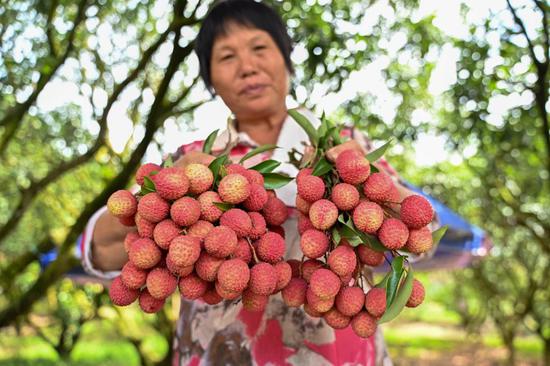

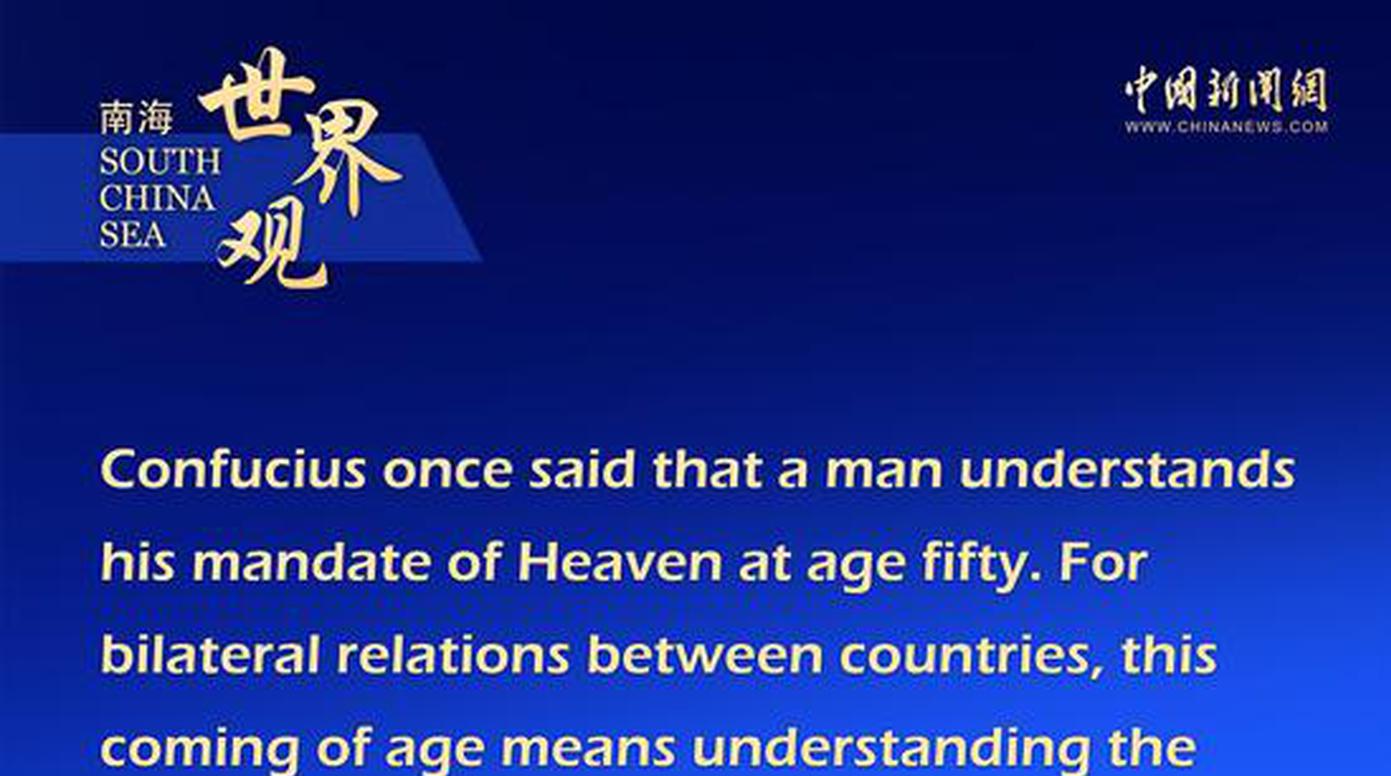











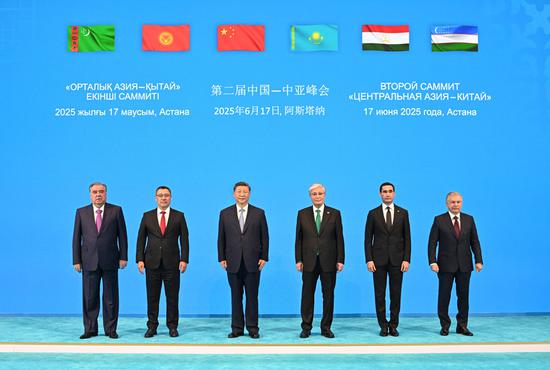













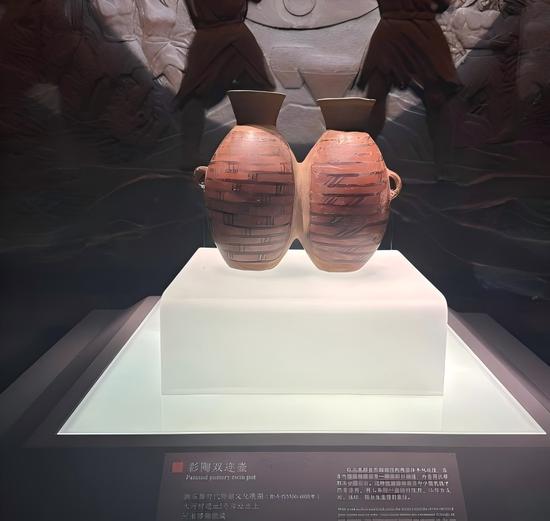
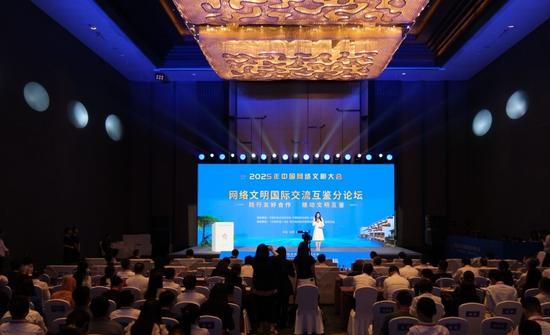




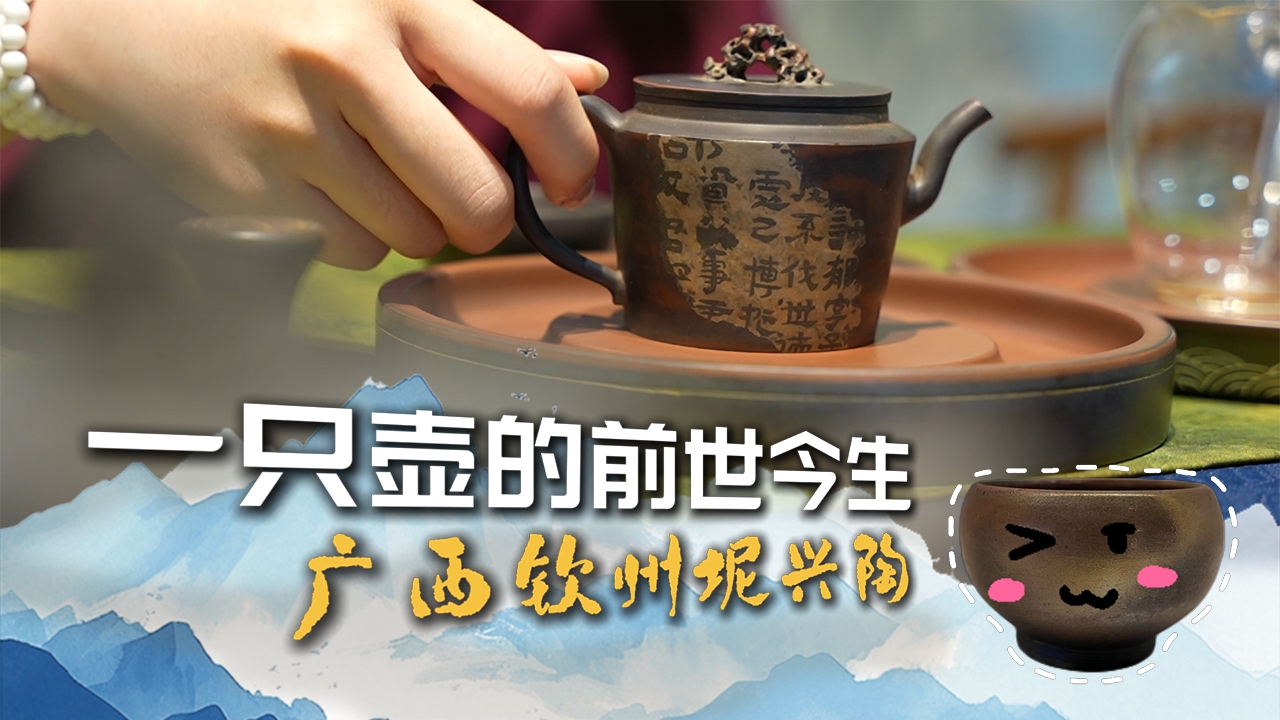

 京公網安備 11010202009201號
京公網安備 11010202009201號